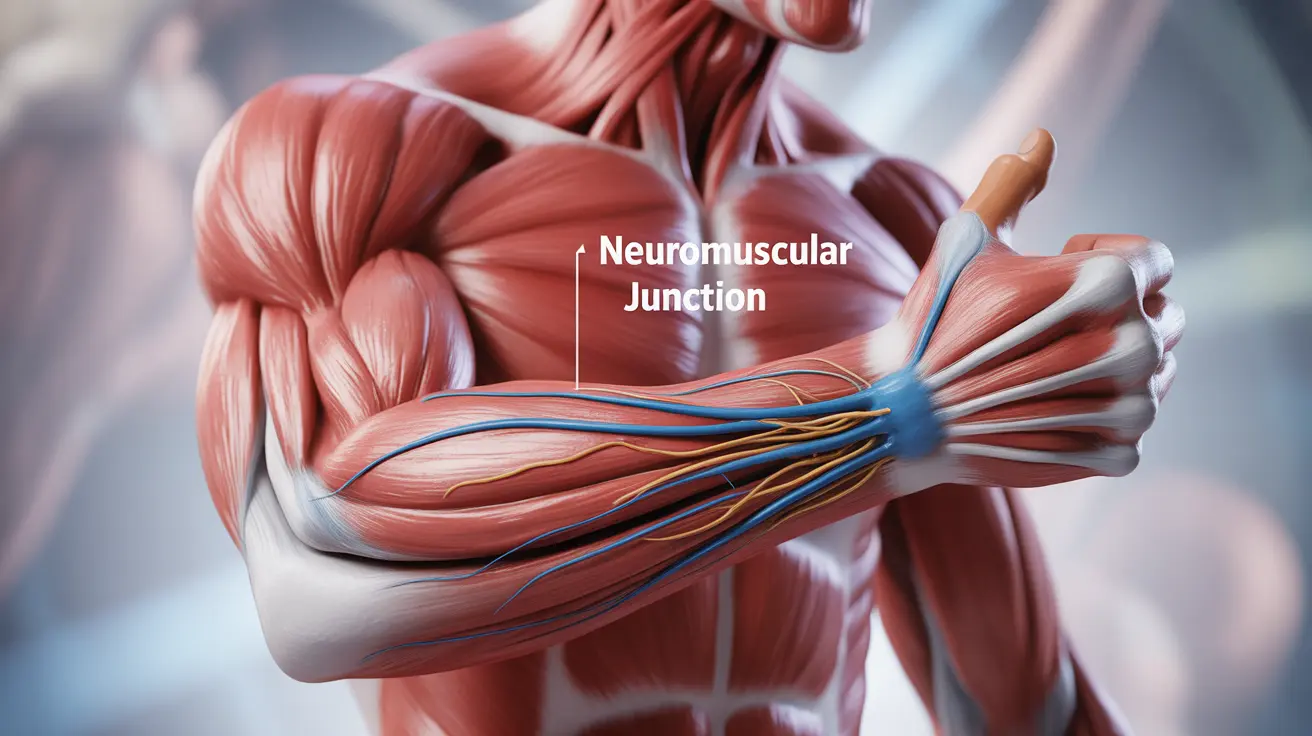Myoneural disorders, also known as neuromuscular disorders, are conditions that affect the communication between nerves and muscles, impacting movement, strength, and daily functioning. These disorders can range from mild to severe and may develop at any age, making early recognition and proper management crucial for maintaining quality of life.
Whether inherited or acquired, myoneural disorders can significantly affect a person's mobility and independence. Understanding these conditions is essential for both patients and caregivers to ensure appropriate care and support.
Common Signs and Symptoms
Myoneural disorders typically manifest through various physical symptoms that can affect different parts of the body. Recognition of these symptoms is crucial for early diagnosis and treatment.
Primary Symptoms
- Muscle weakness or fatigue
- Difficulty with movement and coordination
- Muscle twitching or cramping
- Progressive muscle wasting
- Balance problems
- Difficulty swallowing or speaking
Secondary Symptoms
- Breathing difficulties
- Joint pain and stiffness
- Reduced reflexes
- Numbness or tingling sensations
- Frequent falls or difficulty getting up
Diagnostic Process
Diagnosing myoneural disorders requires a comprehensive medical evaluation and various specialized tests to determine the specific condition and its severity.
Medical History and Physical Examination
Doctors begin with a detailed medical history review and physical examination, looking for signs of muscle weakness, reduced reflexes, and other neurological symptoms.
Diagnostic Tests
- Electromyography (EMG)
- Nerve conduction studies
- Blood tests for genetic markers
- Muscle biopsy
- MRI scanning
- Specialized antibody testing
Causes and Risk Factors
Myoneural disorders can develop through various mechanisms, including genetic factors, autoimmune responses, and environmental triggers.
Common Causes
- Genetic mutations
- Autoimmune conditions
- Infections
- Toxic exposures
- Medications
- Traumatic injuries
Treatment Approaches
Treatment for myoneural disorders typically involves a multi-faceted approach, combining medical interventions with supportive care to manage symptoms and improve quality of life.
Medical Treatments
- Medications to manage symptoms
- Immunotherapy
- Gene therapy (for certain conditions)
- Physical therapy
- Occupational therapy
- Speech therapy
Lifestyle Management
Incorporating specific lifestyle changes can help manage symptoms and improve overall functioning:
- Regular exercise within capabilities
- Proper nutrition and dietary modifications
- Adequate rest and stress management
- Use of assistive devices when needed
- Regular medical monitoring
Frequently Asked Questions
What are the common symptoms that indicate a myoneural disorder?
Common symptoms include muscle weakness, fatigue, difficulty with coordination, muscle twitching or cramping, balance problems, and difficulties with speaking or swallowing. Some people may also experience breathing problems and reduced reflexes.
How are myoneural (neuromuscular) disorders diagnosed by doctors?
Doctors diagnose myoneural disorders through a combination of medical history review, physical examination, and specialized tests including EMG, nerve conduction studies, blood tests, muscle biopsies, and imaging studies like MRI.
What are the main causes and risk factors of myoneural disorders?
Myoneural disorders can be caused by genetic mutations, autoimmune conditions, infections, toxic exposures, certain medications, and traumatic injuries. Risk factors may include family history, age, and exposure to certain environmental factors.
What treatment options are available to manage myoneural disorders?
Treatment options include medications, immunotherapy, gene therapy, physical therapy, occupational therapy, and speech therapy. The specific treatment plan depends on the type and severity of the disorder.
Can lifestyle changes or medications help improve muscle strength and mobility in myoneural disorders?
Yes, lifestyle changes such as regular exercise within capabilities, proper nutrition, and adequate rest can help manage symptoms. Medications can also help improve muscle strength and mobility, depending on the specific disorder and its cause.




